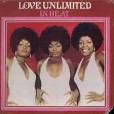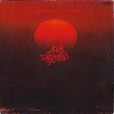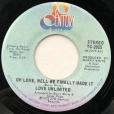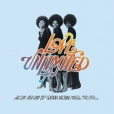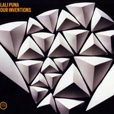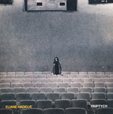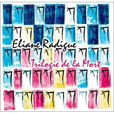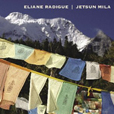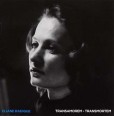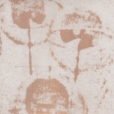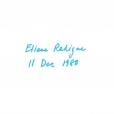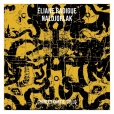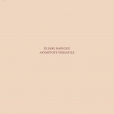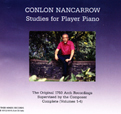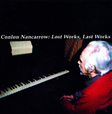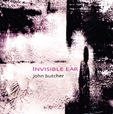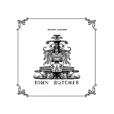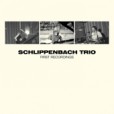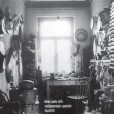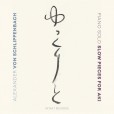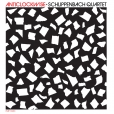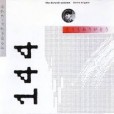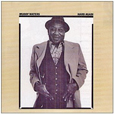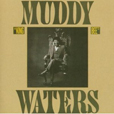Your basket is empty

Brilliant Barry White production from 1974, and one of the girls’ very best, kicking off with Move Me No Mountain, shutting it down with Love’s Theme.
The definitive recordings, using Noncarrow’s original instruments — two Ampico player pianos, one with metal-covered felt hammers and the other with leather strips on the hammers.
‘One of the all-time great records of improvised music from Europe. Period. Blisteringly hot. Uncompromisingly inventive. Staggeringly beautiful. And insanely rare. Originally issued in the mid ‘70s on FMP, featuring the legendary Schlippenbach Trio — with Evan Parker and Paul Lovens — joined by Peter Kowald.
‘Just the first track, an incredible twenty-plus-minutes burner called Range, is worth the price of admission — as punk rock as free music gets, it shows Parker’s spectacular capacity for high-octane blowing. Kowald adds a chewy, molasses bottom to the group, offsetting Lovens’ flinty metal, stick and skin and Schlippenbach’s hyper-focused intensity.
‘A stone cold classic of creative music. Remastered from original tapes.’
LP from Cien Fuegos.
A quartet with Evan Parker, Alan Silva, and Paul Lovens.
